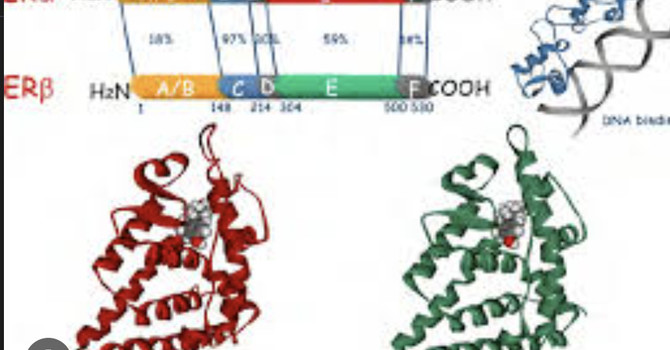
Last night, I had the privilege of participating in a panel alongside Denise Pines for the world premiere of The M Factor:Shredding the Silence of Menopause , a compelling new documentary she co-executive produced. Hosted at the historic Metropolitan Club in San Francisco, the event began with a screening of the film, providing an insightful and engaging look into the realities of menopause. Following the documentary, we held a panel discussion to dive deeper into its themes and bring attention to the experiences, challenges, and opportunities that women face during this transformative stage of life.
The evening was filled with excitement and meaningful dialogue, offering a platform to explore a topic that is often misunderstood or overlooked. As a menopause specialist and advocate for hormone replenishment therapy (HRT), it was refreshing to see such an honest, holistic approach to menopause, highlighting the emotional, physical, and social dimensions of this life phase.
One particularly impactful topic that emerged during the panel was the need for workplace support for menopausal symptoms. Many women in their 40s and 50s hold specialized skills and are pivotal contributors to their professions. Unfortunately, unmanaged symptoms can hinder career progress, and the most common age for women to leave the workforce is between 45 and 55. Supporting women's health during this phase is vital for maintaining a skilled and productive workforce.
I highly encourage everyone—men and women alike—to watch The M Factor. The film has the power to spark important conversations and should be widely viewed on platforms like PBS to reach as many people as possible. The documentary inspired thoughtful audience questions, ranging from symptom management to debunking myths about hormone therapy, allowing for robust discussions on how to better support women during this stage of life.
While the documentary was outstanding, one area that could benefit from further discussion is the role of progesterone. The film emphasizes the importance of estrogen and testosterone but overlooks progesterone—a hormone that also significantly declines during perimenopause and menopause. Progesterone is crucial for alleviating symptoms and enhancing well-being. It supports bone health, helps regulate anxiety, and promotes restful sleep due to its influence on GABA and glutamate receptors. Including this in the conversation would provide a more comprehensive understanding of hormone balance during menopause.
I also encourage open conversations about menopause and self-advocacy. It’s well-known that many doctors lack sufficient knowledge on this subject, so it’s crucial for women to understand their symptoms and seek the right support. If a doctor doesn't address your concerns, find another who will listen and help you take control of your health.
Participating in this event was a powerful reminder of the importance of educating women on hormone replenishment, providing personalized care, and raising awareness about perimenopause and menopause. It demonstrated how storytelling can demystify menopause, break down stigmas, and empower women to take charge of their health and well-being.
The M Factor is more than just a film—it’s a call to action for greater understanding, compassion, and support for women everywhere. It was an honor to contribute my voice to this important dialogue, and I am grateful to Denise Pines for her vision and dedication to women’s health.
You can watch the trailer here .
Dr. Anat Sapan MD, specializing in peri/menopause care, advocates for a personalized approach combining Bioidentical Hormone Replacement Therapy with lifestyle strategies. Her telemedicine services in California, Florida, Illinois and New York. I aim to help women overcome menopausal symptoms and enhance their quality of life.

Anat Sapan, MD
Contact Me



